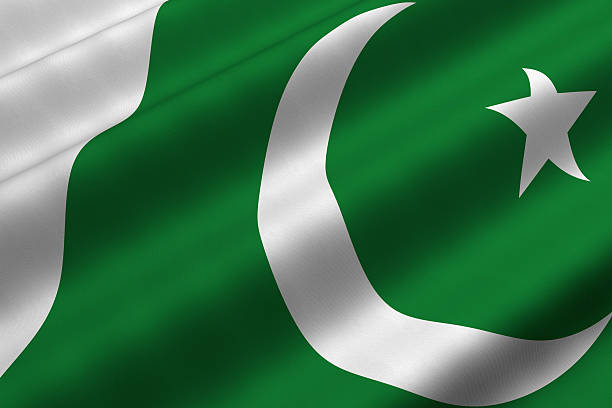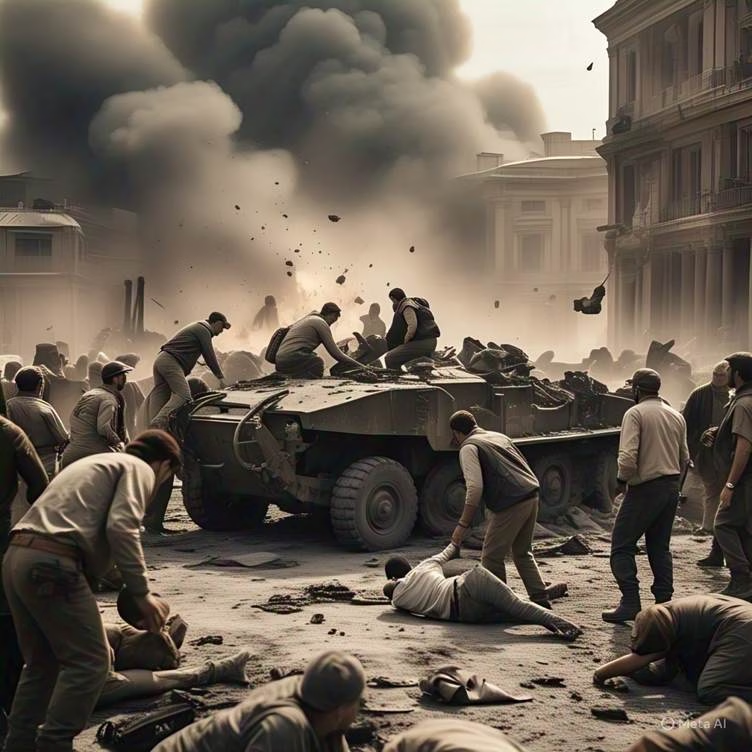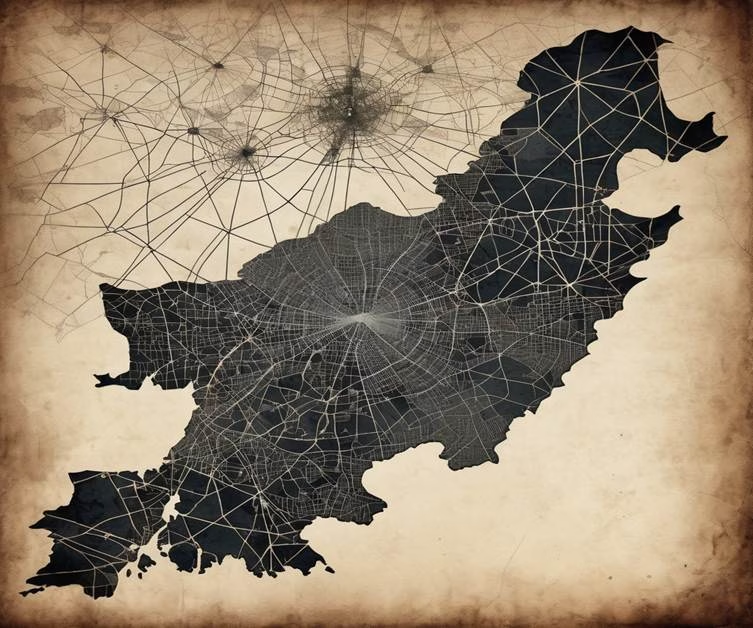
Pakistan the ‘Land of Pure’ finds itself at a crossroads, with the people pushed to the brink by a corrupt system that has termited democracy, human rights, and the rule of law. Imran Khan’s call for nationwide protests on November 24, 2024, is not merely a political war whoop—it represents a decisive moment for the Awam (Demos) to reclaim their rights and challenge the growing autocratic residues of the Islamic republic as established.
For over a year and a half, the Pakistan Tehreek-e-Insaf (PTI) leader has faced continuous imprisonment under dubious charges, indicating to silence the most popular voice in the state. Moreover, the overt manipulation of the 2023 general elections and the compromise of judicial independence through different modifications. This resulted in the further development of the phenomenon known as ‘Democratic backsliding.’ However the erosion of democratic ideals is not just a local hem but part of a larger trend in South Asia, where nations like Bangladesh and Sri Lanka are grappling with similar crises of governance and accountability.
The Polycrisis in Pakistan
The current trajectory in Pakistan is a direct result of decades of institutional inadequacies. The military’s deep involvement in politics, together with the corruption and ineptitude of political dynasties, has fostered a detrimental atmosphere that has diminished public trust in institutions. The recent 26th Amendment undermines the judiciary’s authority and subjects it to the influence of a corrupt legislature, representing a significant setback for nation’s democratic edifice.
Furthermore, the government’s intentional targeting of PTI and its leaders has suppressed political dissent and fostered an atmosphere of fear and oppression. Imran Khan, who formerly epitomized hope and Promethean for countless individuals, has been unfairly incarcerated, while PTI officials endure an unyielding suppression. The party, formerly a dynamic proponent of reform, has been diminished to a struggle for its existence amid overt state-sponsored oppression led to ‘Polycrisis’ in the very state. This assault on Pakistan’s largest and most favoured political party constitutes not merely a breach of democratic principles; it represents a profound betrayal of the electorate that sought change. The populace has been compelled to oppose a system that neglects their voices, violates their rights, and favours the interests of a privileged minority over the well of the nation.
Democratic Backsliding in South Asia
Pakistan’s challenge is not occurring in isolation. Democratic institutions throughout South Asia are under threat, with governments increasingly employing authoritarian tactics to stifle criticism. The government of Sheikh Hasina of Bangladesh has been accused of electoral manipulation, suppressing dissent, and silencing opponents. In 2022, Sri Lanka’s political crisis culminated as extensive rallies against corruption and economic mismanagement compelled President Gotabaya Rajapaksa to resign.
These instances underscore a troubling trend in which corrupt and autocratic regimes drive their citizens to desperation, compelling them to protest. The circumstances in Pakistan are similarly unchanged. Amidst an inert economy, escalating repression, and the methodical erosion of democratic protections, the Awam is compelled to engage in a “do or die/Promethean” struggle to ensure their future.
The Role of the Military and the Judiciary
A key factor exacerbating Pakistan’s current problem is the military’s historical involvement in political manipulation. For decades, the Army has functioned as a kingmaker, establishing administrations that align with its interests while repressing those who contest its authority. This has resulted in the emergence of corrupt political dynasties such as the Sharifs and Zardaris, whose priorities frequently centre on self-preservation rather than public service.
The judiciary, hitherto regarded as a possible restraint on administrative overreach, is now subject to the sway of a corrupt legislative framework. The current amendment that compromises judicial independence serves as a clear indication of the continuous dismantling of institutions designed to safeguard democracy. This concentration of authority diminishes accountability and further estranges the Awam.
The People’s Breaking Point
The Awam has endured years of economic hardships, political instability, and diminishing civil liberties. The continued imprisonment of Imran Khan, the systematic targeting of PTI leaders, and the blatant disregard for human rights have pushed the people to their breaking point. The state’s heavy-handed approach, including deploying the Army and police to suppress protests and barricading roads to Islamabad, only exacerbates the situation.
These measures may temporarily delay the inevitable, but they cannot suppress the collective will of the people. History shows that when governments push their citizens to the wall, the resulting backlash is often seismic. Pakistan’s Awam understands that their future depends on their willingness to confront the current system and demand meaningful change.
The Stakes for Pakistan’s Future
The stakes could not be higher. This is not just a battle for PTI or Imran Khan; it is a fight for the soul of Pakistan’s democracy. The Awam must decide whether they will accept a future dictated by autocratic rule and systemic corruption or rise to reclaim their rights and demand a government that truly represents them.
The current protests represent more than just political opposition; they are a stand against the growing democratic backsliding that threatens to define Pakistan’s future. The Awam must seize this moment to challenge the entrenched powers that have held the nation hostage for far too long.
A Call to Action
Protests are not without risks, and the road ahead will undoubtedly be fraught with challenges. The government’s attempts to suppress dissent through force and intimidation are likely to escalate, creating a volatile and confrontational environment. However, the Awam must recognize that their collective strength lies in their unity and determination to fight for a better future.
Subscribe to Our Newsletter
Get the latest CounterCurrents updates delivered straight to your inbox.
This is a defining moment for Pakistan—a chance for the people to rise above decades of corruption, repression, and military dominance to build a nation that reflects their aspirations. It is a moment to reaffirm the principles of democracy, justice, and accountability and to remind those in power that sovereignty belongs to the people.
The protests on November 24 are more than just a response to immediate grievances; they are a turning point in Pakistan’s history. The Awam must rise, not just for themselves but for future generations, to ensure that Pakistan remains a democracy in both spirit and practice. The road may be difficult, but the stakes are too high to remain silent. For the people of Pakistan, it is now truly a matter of do or die
Dr. Tanveer Ahmad Khan is a Kashmir based Geopolitical Analyst. Ph.D in Political Science from the University of Kashmir.















































